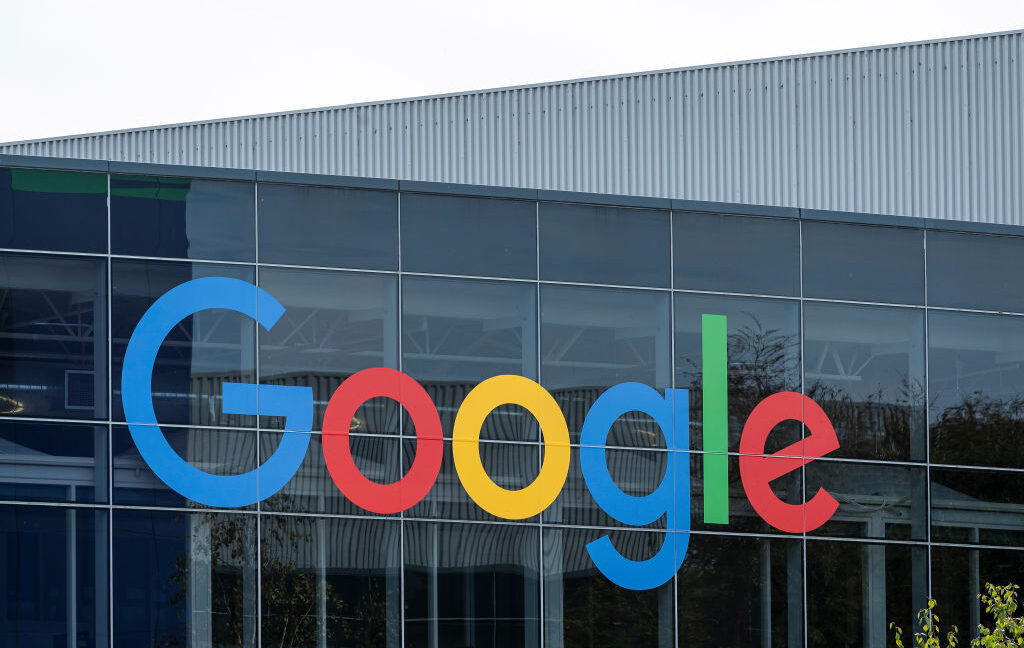Welcome to Google's nightmare.
Late yesterday, the US Department of Justice filed its proposed final judgment, officially recommending a broad range of remedies to end Google's search monopoly.
Predictably, Google is not happy with the DOJ's plan, which requires the company to sell its Chrome browser. It also retains the option of forcing Google to divest Android if competition doesn't increase from behavioral remedies, including bans on exclusive default deals with other browsers and device makers. Additionally, Google is prohibited from building any new browsers and must fund an education campaign that shows people how to switch search engines and potentially even pays people to switch. Google may also be restricted from using its data scale advantage to benefit its AI products.
In a blog post, Google's chief legal officer, Kent Walker, railed against the DOJ's plan, calling it a "radical interventionist agenda." It allegedly "goes miles beyond" addressing concerns of US District Judge Amit Mehta, who ruled in August that Google had a monopoly in two markets.
It's hard to say which part of the DOJ's plan Google hates most. According to Walker, selling off Chrome would "endanger the security and privacy of millions of Americans" and "undermine" the quality of the world's favorite browser. Restricting default deals allegedly hurts businesses like Mozilla, which relies on Google's revenue-sharing to enhance products like Firefox, Walker alleged. (Mozilla has previously declined to comment on this often-repeated Google claim.) And threatening Google's AI business allegedly unfairly blocks Google from playing a "leading role" in "perhaps the most important innovation of our time," Walker wrote.
Walker also complained about a technical committee that the DOJ wants Google to fund to ensure the company doesn't circumvent remedies, claiming that the US wants to "mandate government micromanagement."
But ultimately, his blog furthers talking points that Google mostly failed to argue during the monopoly trial and generally reinforces that Google does not agree with Mehta's ruling. Even remedies that experts considered benign, like requiring choice screens instead of preloading Google search as the default on Google devices, appeared outrageous to Walker.
"DOJ’s proposal would literally require us to install not one but two separate choice screens before you could access Google Search on a Pixel phone you bought," Walker wrote. "And the design of those choice screens would have to be approved by the Technical Committee. And that’s just a small part of it. We wish we were making this up."
Google will have plenty of time to argue against the DOJ's proposed final judgment in the coming months. The DOJ is scheduled to file its final revisions by March 7, 2025. And as the DOJ noted in its filing yesterday, it may update its plan at any point during discovery in the remedies stage of litigation, which will be followed by Google's appeal.


